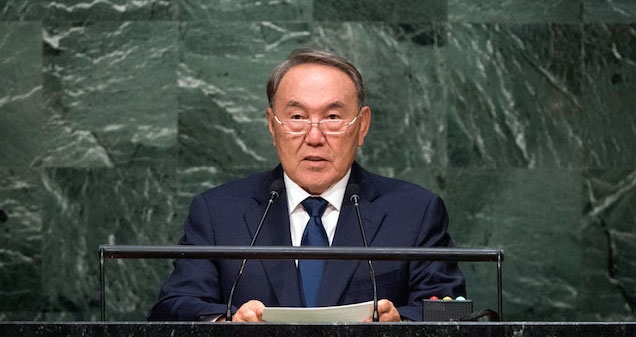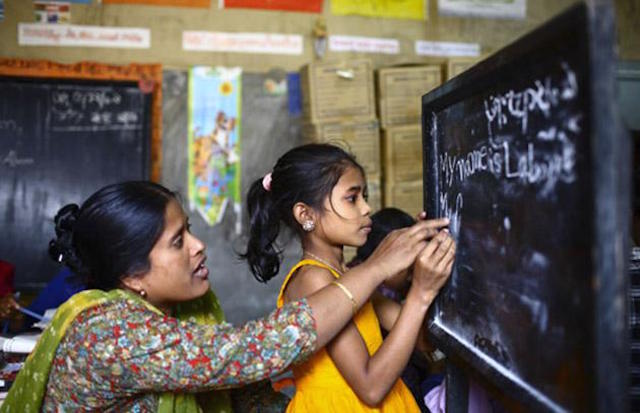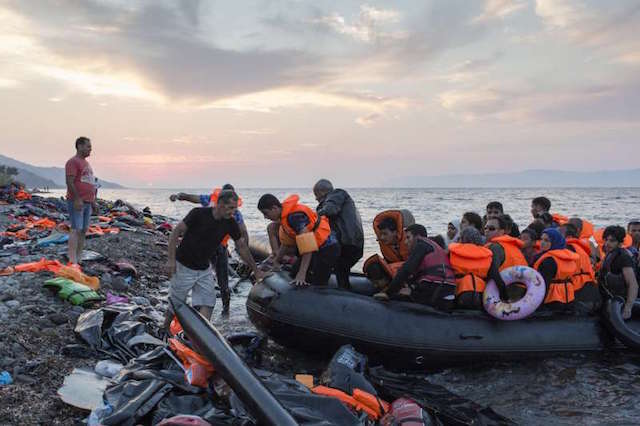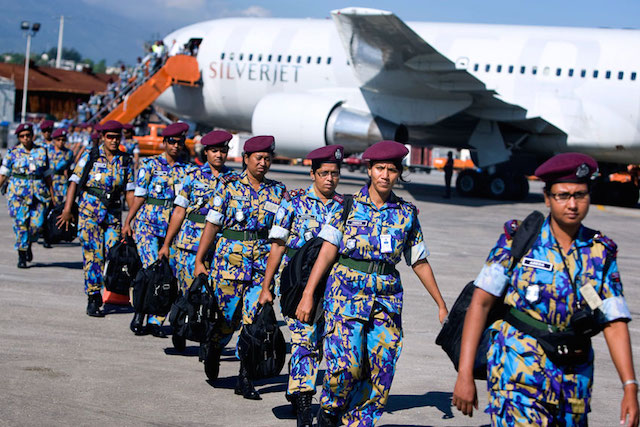By Dr. Patrick Gomes, ACP Seretary-General | IDN-InDepthNews VIewpoint
BRUSSELS (IDN) – The year 2015 has witnessed a number of global events so important to development, namely; the Financing for Development Conference that took place in Addis Ababa from July 13 to16, 2015, the United Nations Sustainable Development Summit in New York that took place from the September 25 to 27, 2015, the United Nations Climate Change Conference (COP21) scheduled to take place in Paris from the November 30 to December 11, 2015 and the World Trade Organization Tenth Ministerial Conference (MC10) scheduled for the December 15 to 18, 2015 in Nairobi Kenya.
This is the first time that a WTO Ministerial Conference will be held on the continent of Africa and in an ACP Country, therefore I have no doubt that we are all equally enthused by this fact. Some reports from Geneva on developments in the negotiations at the WTO might damper our enthusiasm.
Agreement on issues of particular interest to the ACP Group, especially the development aspect, remains elusive. We have learnt of sentiments from some WTO Members that suggest that it is now time to fold the Doha Development Round (DDA) and close shop because of this lack of agreement on the issues under negotiation.










